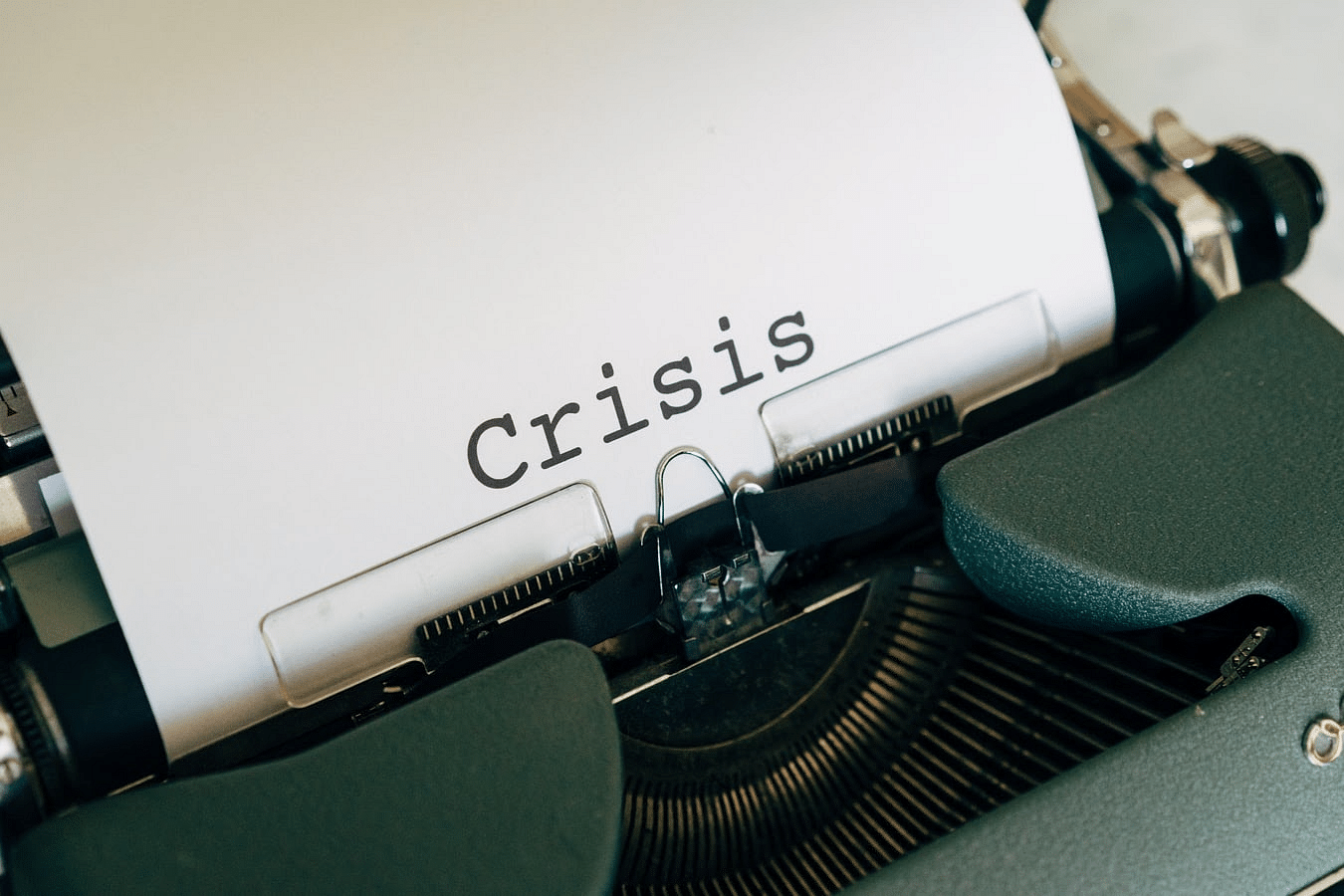
What should your business do in times of crisis? Hayes Initiative’s Anthony Hayes shares the importance of having a communications plan
By Jim James, Founder EASTWEST PR and Host of The UnNoticed Podcast.
As a public relations professional, Anthony Hayes says that half of PR work is about crisis management. Communication in times of crisis is essential because you need to shape stories, manage the impact of the crisis, and reach out to reporters and convince them that there’s no issue that needs to be written.
Image from LinkedIn
Anthony runs The Hayes Initiative, an LGBTQ+-owned and operated public affairs firm that has worked with different entities including Bloomberg L.P. and a major league soccer team in New York. Currently, his company works on a game-changing major infrastructure project that involves congestion pricing.
In issues like pricing schemes, wherein a lot of stakeholders are included, PR firms like his help provide support to bigger agencies such as the Metropolitan Transportation Authority in terms of implementing the plan that they want. The PR work includes mapping out who are the people who will be affected and figuring out the best road to meet with them. Discussions with these people can happen through one-on-one conversations, group meetings, community outreaches.
It’s Better to be Prepared
Though it may sound ominous, Anthony believes that if there’s going to be a crisis, then that’s when there’s going to be a crisis. Realistically speaking, there will always be a bump in the road; there will always be a disruption to the flow of your business. This is why it’s vital to have a basic communications plan.
Image from Unsplash
One of the key elements of a crisis plan is knowing who your team is. If you’re a small business, everyone’s going to be in the war room to get your business get through the crisis. If you’re a bigger organisation, you’d need to have a core team — it should include someone from the legal team, the human resources team, and the communications team. Everybody in the core team should also have a clear and defined role and know the hierarchy of decision-making.
Apart from having a core team, you also have to have a list of internal and external stakeholders. Many people tend to overlook the importance of having an internal list. When there’s a crisis, your sales team will be the one to field phone calls and they will need to have talking points to help you get your message out to your investors. These internal people are significantly instrumental in getting the message known once the message is decided.
Another important thing is to know when you’re already in a crisis. Many people get crisis management wrong because they wait too long before they respond to the situation and get their message out. While there’s no one-size-fits-all answer on how to manage a crisis, one thing you need to do is to acknowledge that there is a crisis happening.
Handling a Crisis Remotely
Now that the workforce is not gathered in one place because of the pandemic, messaging and video-conferencing platforms such as Zoom are critical. However, as people shift into cloud-based systems, Anthony notes that it’s still important to have a hard copy of contacts and other pertinent information. This will come in handy especially during times of natural disasters where there will be power outages.
Image from Unsplash
One upside of the COVID-19 pandemic is that more businesses have become familiar with working remotely. A lot of teams have gotten excellent when it comes to pulling things together even when they’re not physically together. Anthony points out, however, that you have to limit the duration and frequency of your conversations. Having quick conversations will make things more efficient because time is of the essence.
Communications Plans are a Breathing Document
Businesses should have a template for media advisories and press releases. These documents should include a boilerplate about your company at the bottom, and contact numbers at the top.
When you have these basic templates, it can help you make press releases even when your main communications person is not available. However, you still need to be careful because every crisis is unique.
As not all crises are the same, Anthony recommends for crisis management teams to meet at least once a year. This is to keep the plan updated, including the phone lists. Doing these administrative things proactively is a big help because these are things that you can’t do in the middle of a crisis.
As we’re still collectively facing a public health crisis, businesses should look back at the previous year and make adjustments to their communications plan. The crisis management plan should be seen as a living, breathing document.
Image from Unsplash
Apart from making sure your document is updated, you also have to prioritise your press lists. Know the people who are more friendly, those who are going to be adversarial, and those who are neutral. Then, contact those who are more friendly first. Especially in this age of social media, reporters are really instrumental in informing the public that they will be getting a statement from you soon. This will also help you buy time to get your full plan in place.
Trusting Your PR Firm
In times of a crisis, businesses often don’t know who to trust. Depending on the structure of your organisation — if you’re a large institution and you’re the leader — you may not have even met your PR firm. The barrier also comes from the notion that PR people are initially seen as the “no” people, which can be a point of friction.
However, take note that your PR team needs to know pertinent details. This will help them help you push through with the plan, game out scenarios, and handle the crisis better.
When it comes to telling the media what not to write about, Anthony points out the importance of maintaining a relationship with reporters. As mentioned earlier, it’s easier to deal with reporters that you are on good terms. Another option is to trade it for a bigger story. While this may not always work, it is part of the magic that PR people do.
When you have a business, it’s best to have a plan for better or for worse. To get help from Anthony and Hayes Initiative, visit their website at www.hayesinitiative.com.
This article is based on a transcript from my Podcast The UnNoticed, you can listen here.
Cover photo by Alvaro Reyes on Unsplash.





